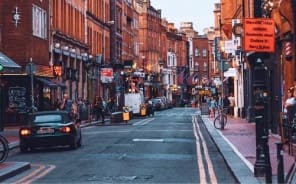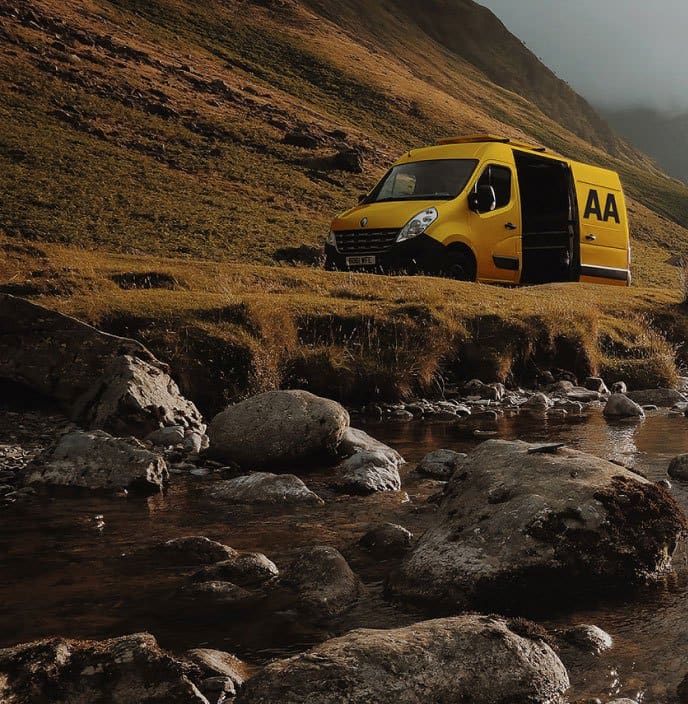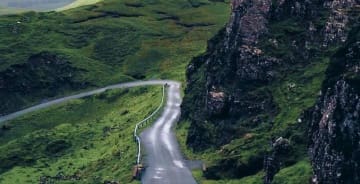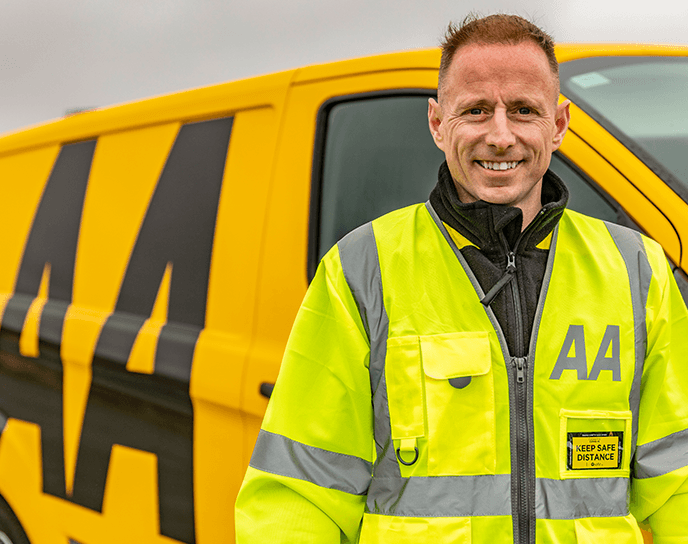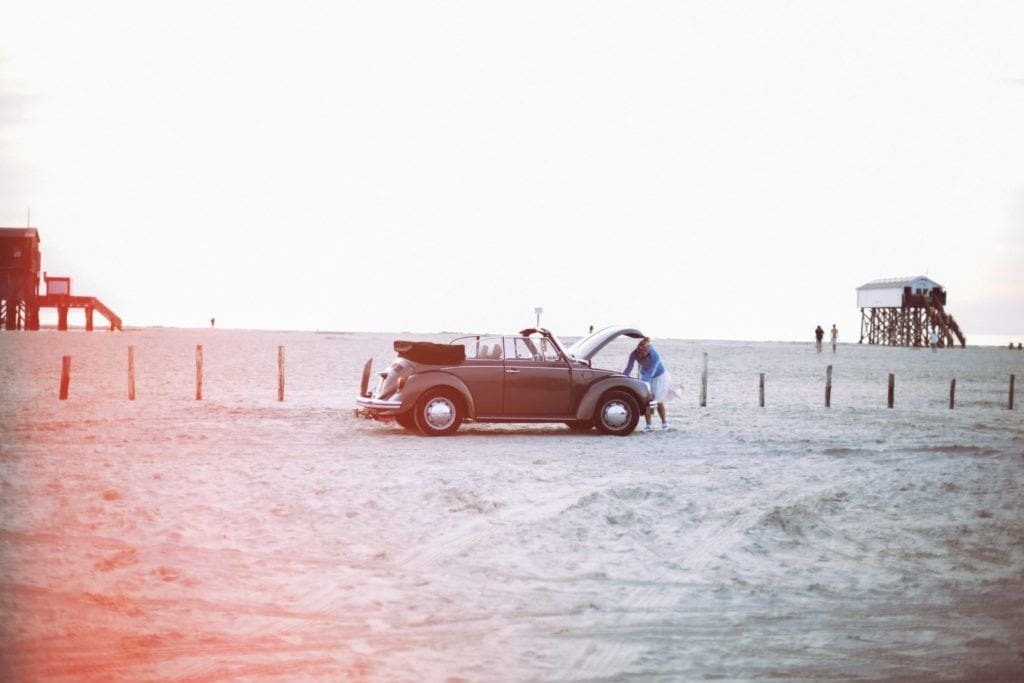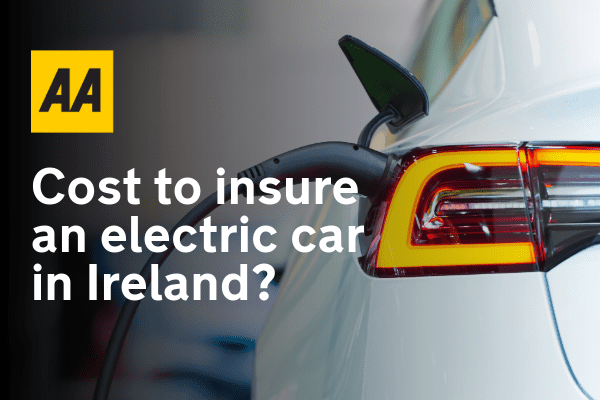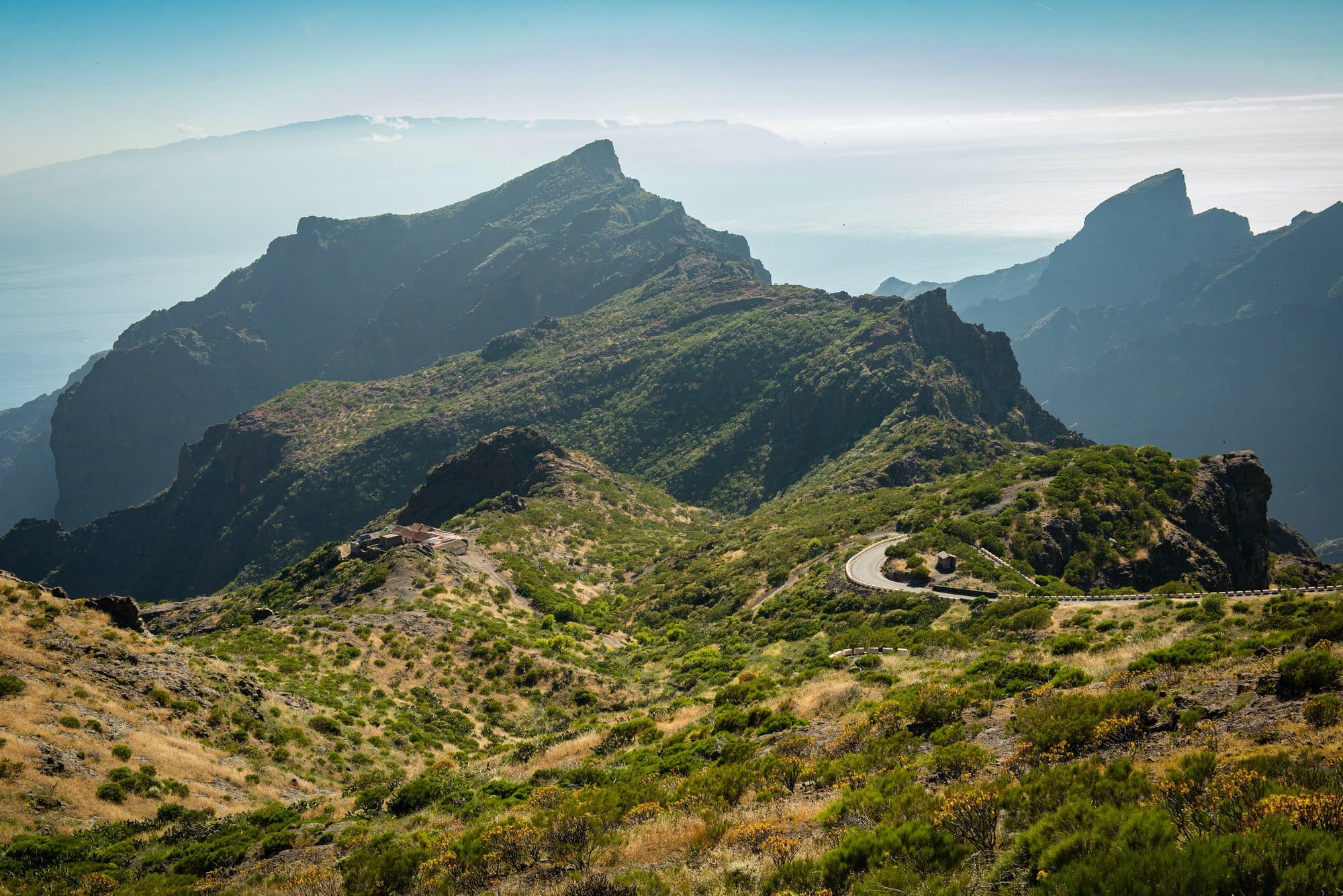Summer is in full swing and with the good weather, many motorists will be planning longer trips, especially towards coastal areas. But, driving during the summer months can present some unique challenges such as glare from the sun, your vehicle overheating and keeping your belongings safe.
Traffic volumes may also increase on coastal routes and parking properly at your destination is vital. Here is our advice to ensure that your journey is a safe one.
Overheating
Heat can cause problems under the bonnet. Low coolant levels, leaking hoses or broken electric cooling fans can make the car overheat and this can lead to expensive damage. Keep an eye on your temperature gauge and top up your coolant fluid regularly. It might also be time to get your car serviced. Remember a car service is just as important during the summer months as it is in winter.
Punctures
Check the condition of your tyres before you leave as high temperatures can aggravate any existing damage to the rubber. Underinflation causes friction and the greater the heat, the greater the effect on weak spots in the tyre. If you combine these issues, then you’ll find it’s a perfect recipe for a blow-out.
Glare
The glare from the sun can be very dangerous and has been known to cause collisions. The best way to protect yourself is to make sure that your windscreen is clean, both inside and out and remove smears, which will catch sunlight and impair vision. Don’t forget, windscreen wipers only last about a year so it might be time to change them. A pair of unscratched, clean sunglasses are always good to have as well.
Large traffic volumes
Traffic volumes have increased during the summer months, particularly around coastal areas. Areas that you can expect to find large volumes, especially at the weekends, include Howth and Sutton Cross in Dublin, Laytown and Bettystown in County Meath, Brittas Bay and Arklow in Wicklow, Tramore in Waterford, Kinsale in Cork, Lahinch in Clare, Salthill in Galway and parts of Mayo and Sligo.
When you arrive at your destination ensure that you follow all Garda advice and directions, ensure you park safely and be extra mindful of Covid-19 guidelines.
Tractors/Farm Machinery
As mentioned already, with the good weather and more people travelling for ‘staycations’, roads are much busier these days so you will need to take extra care. Watch out for farm vehicles exiting from fields if driving in rural areas, and you’re advised to never overtake a slow-moving vehicle unless you’re certain you have enough space – all usual overtaking rules apply. If you’re driving farm machinery, slow down and be mindful of pedestrians and cyclists.
Parking
Safe parking is a key part of safe driving. With many of us travelling to scenic areas, beaches and outdoor attractions, it’s very important to ensure your car is parked properly. Watch out for pedestrians, especially children, when driving and parking near beaches.
Badly parked vehicles can pose a particular issue for cyclists, wheelchair users and for those who are visually impaired, and parents with prams. They can also add to traffic congestion, and lead to fines, clamping or penalty points for the driver. Your vehicle could even be towed away. When parking, ensure you leave enough space for a fire truck or ambulance to get past in a hurry (at least 2.55m between cars).
It is illegal to park your car in a number of circumstances including double yellow lines, where there is a ‘No Parking’ sign, in a cycle lane during operational hours, contra flow bus lanes and a pedestrian only street. For full information on safe parking check out our other blog post here.
The Beach
If you’re going to the beach, then it’s important to keep a pair of runners or suitable shoes in the car boot, as it’s best not to drive in flip-flops, sandals or barefoot and whilst it is not illegal to drive in flip flops or your bare feet, it could be at the discretion of a Garda to summons a motorist under Section 52 of the Road Traffic Act, Careless Driving. When you arrive at the beach, keep your belongings safe. Car keys can often get lost in the sand or you can ruin your remote-control by leaving the fob in your pocket while swimming. AA Membership receive calls every year with this issue, as the remote-control access to your vehicle will not work when it’s wet. Every year our patrols are sent to pull motorists out of the sand, so beware of parking on soft sand. Follow the signs on beaches where this is usually indicated.
It’s also important to ensure that you clean up any mess after your trip to the beach and remove any rubbish. Leave the space as you would like to find it!
AA Membership covers you 24/7 whether you’re a driver or a passenger, meaning that we cover YOU, not your car. Our patrols fix 8 out of 10 of our members’ cars on the roadside. Just €10 per month offers peace of mind and is a piece of cake for you to arrange.

